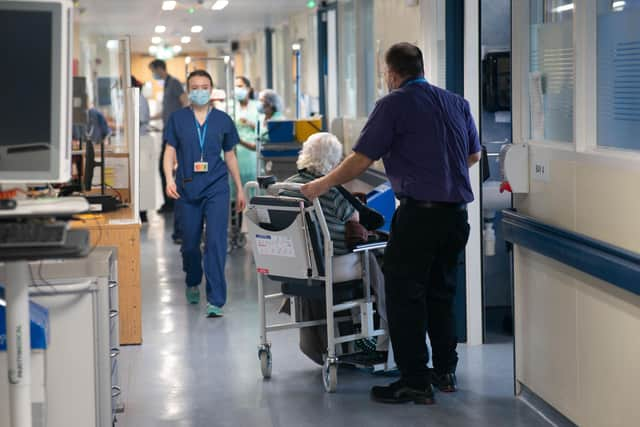Deliberate underfunding of the NHS may be part of an attempt to privatise it - Yorkshire Post Letters
The NHS, introduced to the nation by Aneurin Bevan in July 1948, provides free healthcare for everyone. Before the NHS, health insurance existed for the wealthy, those who couldn’t afford it relied on charity or went without.
As we celebrate the successes of the NHS (and there are many) we are aware of its many financial challenges which some would suggest are due to funding cuts and underinvestment by successive Tory governments, the first of which came in 2010 when George Osborn cut £20bn from the NHS budget – the beginning of the decline (the Guardian).
Advertisement
Hide AdAdvertisement
Hide AdWhen compared to the EU and other similar countries, England has invested less in health provision with fewer beds, doctors and nurses per head (2020 BMA).


During covid when demand increased, the NHS was deprived of £billions of taxpayer money - wasted by the Government on inadequate PPE, with £billions more unaccounted for (the Guardian) – money which could have funded the NHS, also, Brexit drove NHS staff back to EU countries.
Underfunding may be deliberate Government policy to deprive the NHS of funds because of commitments to privatisation resembling an American system where people spend more for worse healthcare outcomes and which the UK population reject.
People value the NHS and according to YouGov are ready to pay more taxes to safeguard its future. The Government should be honest about their intentions and listen to the people.
Advertisement
Hide AdAdvertisement
Hide AdThe NHS in England treats over one million people daily and dispensed over a billion prescriptions in 2021, but seven million people are waiting for treatment, placing pressure on patients and staff.
Regardless however, the NHS is a national treasure, and while public satisfaction may be reduced, support for the NHS is as strong as ever.
